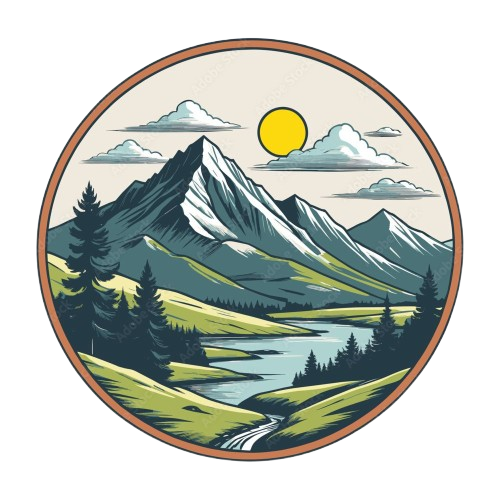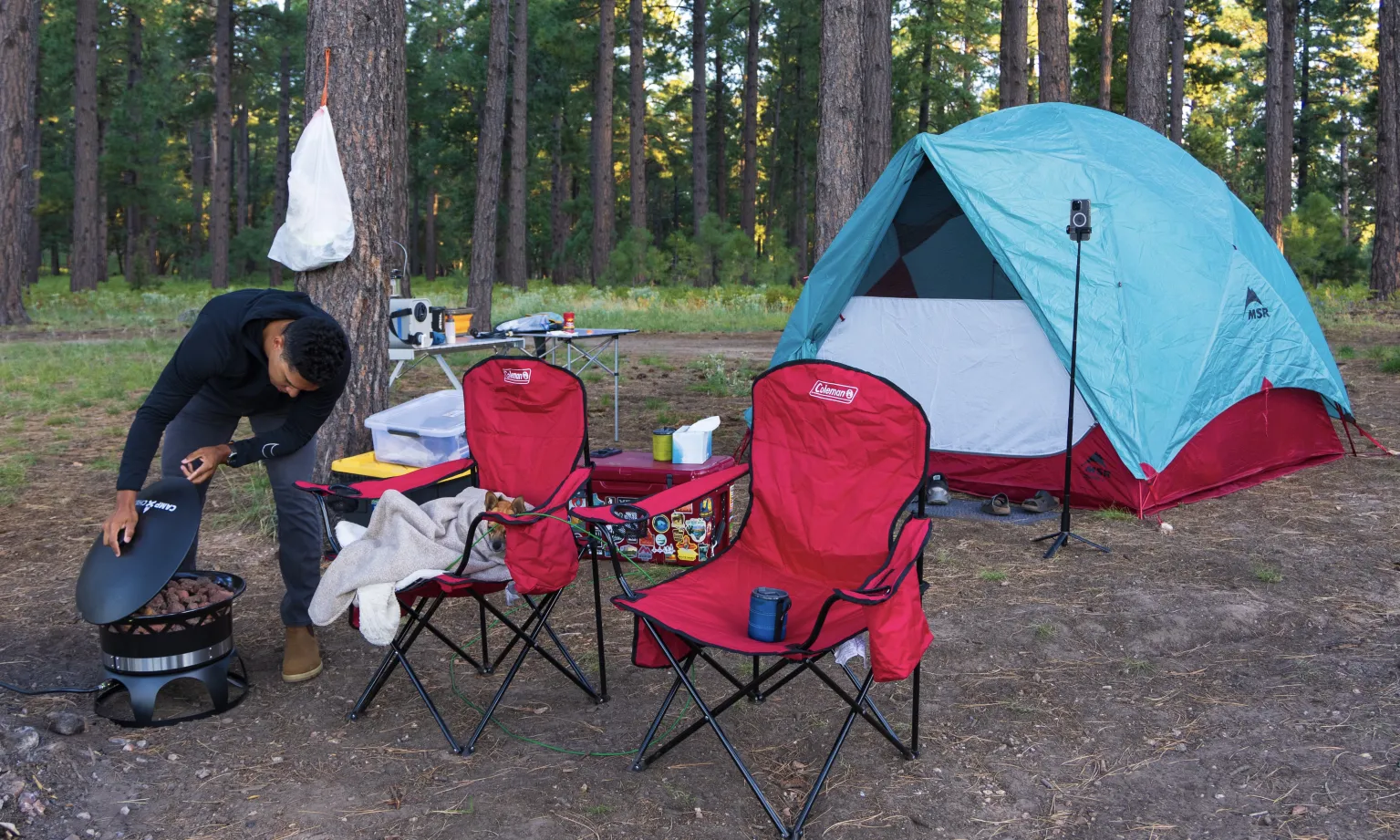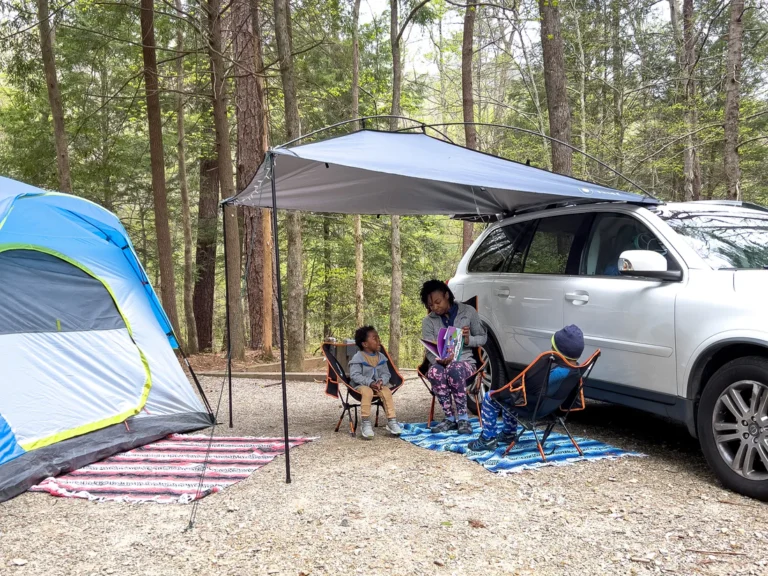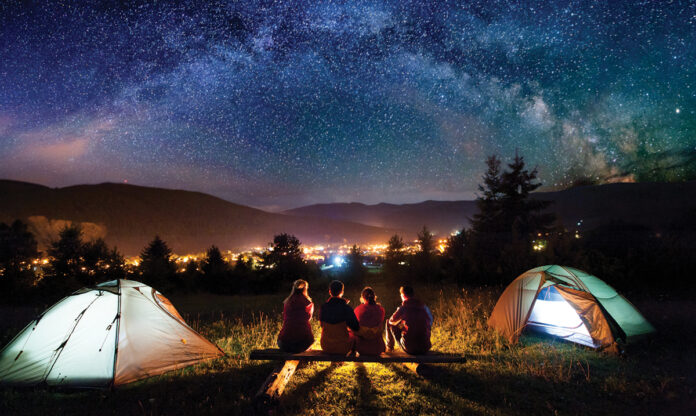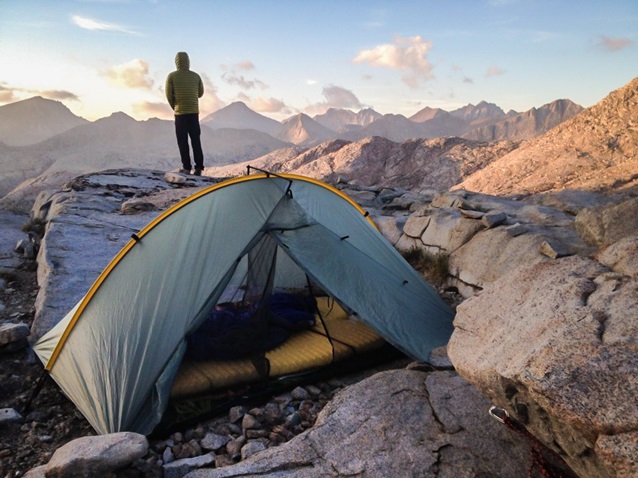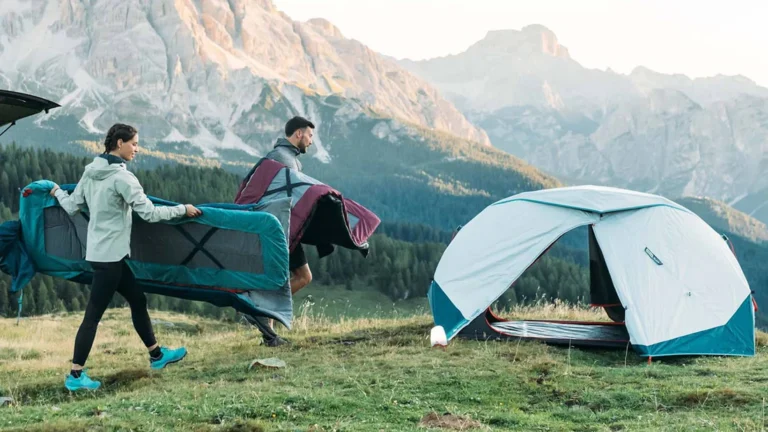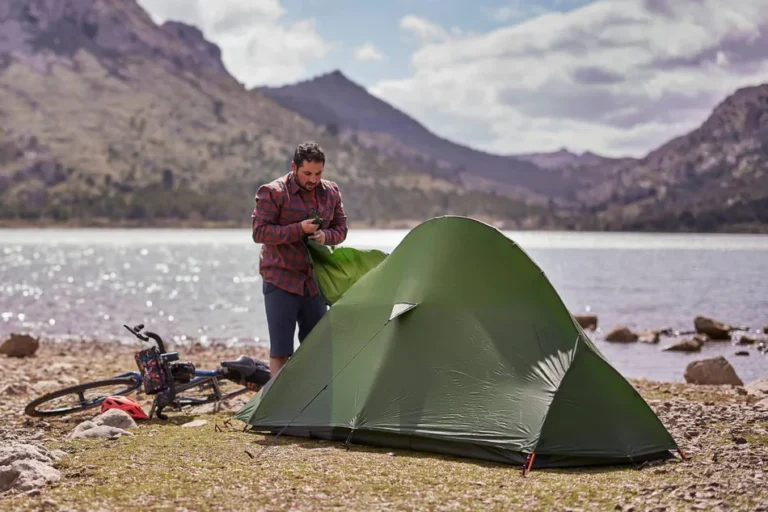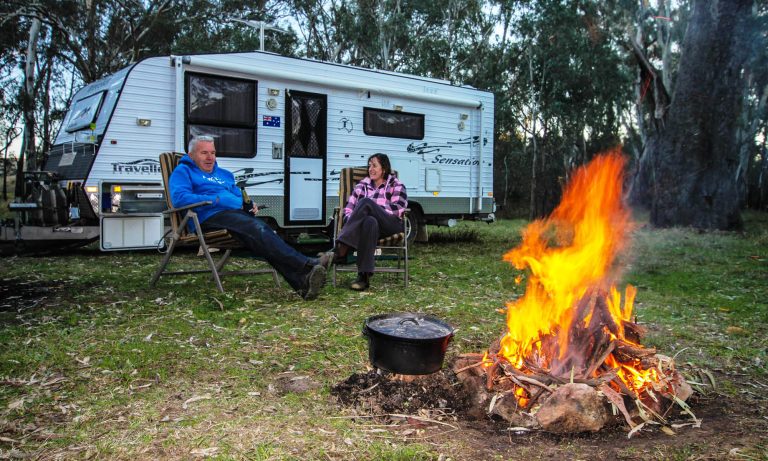Checklist for Camping: What to Pack and How to Begin
One of the best ways to get away from the bustle of everyday life and re-establish a connection with nature is to go camping. Planning ahead can make all the difference, whether you’re going to a nearby beach, the mountains, or the woods. It may seem overwhelming if you’ve never gone camping before, but don’t worry! This guide will show you how to properly begin your adventure and what to pack.
Why Planning Matters for Camping
Imagine arriving at a campsite only to realize you forgot your tent stakes, cooking supplies, or even your flashlight. Packing properly ensures your trip is comfortable, safe, and fun. With this checklist and beginner’s advice, you’ll be able to enjoy the outdoors without stress.
How to Begin: Choosing Your Camping Style
Before you pack, consider what kind of camping experience you’re aiming for:
1. Tent Camping
Most common and beginner-friendly. You’ll need to bring your own shelter and gear.
2. Car Camping
Set up camp next to your vehicle. Great for families or those who want more amenities.
3. Backpacking
More rugged and requires lightweight gear. Best for adventurous campers.
4. RV or Camper Van Camping
Convenient and comfortable. Best for longer trips or those who want modern conveniences.
Choose your camping style based on your comfort level, fitness, location, and duration of stay.
The Ultimate Camping Packing Checklist
Let’s break down your camping gear into essential categories:
🏕 1. Shelter and Sleeping Gear
- Tent (with stakes, poles, and groundsheet)
- Sleeping bag (rated for the temperature)
- Sleeping pad or air mattress
- Camping pillow or small travel pillow
- Tarp or extra shade/rain cover
- Hammock (optional)
Pro Tip: Practice setting up your tent at home before your trip!
🍽️ 2. Cooking and Food Supplies
- Portable camping stove or grill
- Fuel or propane
- Cooking utensils (spatula, tongs, stirring spoon)
- Pot and/or pan
- Reusable plates, bowls, and cups
- Cooler with ice or ice packs
- Food (pre-portioned and prepped if possible)
- Snacks (trail mix, granola bars, jerky)
- Water (at least 2-3 liters per person per day)
- Water filter or purification tablets (for wilderness camping)
- Trash bags (Leave No Trace!)
Optional:
- Marshmallow roasting sticks
- Coffee maker (like a French press or pour-over)
- Seasonings and oil in small containers
🧰 3. Essential Tools and Equipment
- Flashlight or headlamp (with extra batteries)
- Multipurpose knife or camping tool
- Duct tape (fixes almost anything!)
- Camp chairs and table
- Rope or cord (for clotheslines or securing gear)
- Firestarter (matches, lighter, or flint)
- Firewood or fire logs (check if fires are allowed)
- Lantern or string lights for ambiance
🧼 4. Personal Hygiene and Health
- Biodegradable soap and hand sanitizer
- Toothbrush and toothpaste
- Quick-dry towel
- Wet wipes or baby wipes
- Toilet paper and trowel (if no restrooms are available)
- First aid kit (with bandages, antiseptic, tweezers, pain relievers, allergy meds)
- Insect repellent
- Sunscreen and lip balm with SPF
- Medications (personal or emergency)
👕 5. Clothing and Accessories
Pack based on the weather and your destination. Layering is key!
- Moisture-wicking base layers
- Warm mid-layer (fleece or hoodie)
- Waterproof outer layer (rain jacket or windbreaker)
- Hiking boots or sturdy shoes
- Extra socks and underwear
- Hat (sun or cold protection)
- Gloves and beanie (for cooler nights)
- Sandals or camp shoes
- Swimsuit (if swimming)
- Sleepwear
🗺️ 6. Navigation and Safety
- Map of the area (paper, not just digital)
- Compass or GPS
- Park permits or camping reservations
- Emergency whistle
- Itinerary shared with someone back home
🎒 7. Entertainment and Extras
- Books or e-reader
- Journal or sketchpad
- Card games or travel board games
- Binoculars (for birdwatching)
- Camera or action cam
- Music speaker (keep volume low to respect others)
How to Prepare: Beginner Tips
✅ Start Small
Try a one- or two-night trip close to home before venturing into the backcountry.
✅ Check the Weather
Always look at the forecast and prepare for changes. Weather can shift quickly, especially in mountains or forests.
✅ Meal Plan Ahead
Pre-cook some meals or organize ingredients to make cooking at camp easier.
✅ Arrive Early
Get to your campsite before dark so you can set up with daylight.
✅ Follow the Rules
Respect park regulations and practice Leave No Trace principles. Pack out all your trash and leave nature untouched.
✅ Expect the Unexpected
Bugs, rain, forgotten gear — it happens. Stay flexible and keep a positive attitude!
Final Thoughts
Camping is a simple pleasure that reconnects you with what truly matters — nature, adventure, and good company. With the right gear and preparation, even a novice can have an amazing experience under the stars. Use this checklist to make your first (or next) camping trip safe, comfy, and unforgettable.
Now it’s your turn — where will your tent take you next? 🌲🔥
